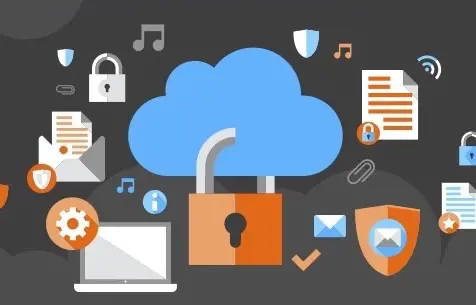
Everyday cyber security - what not to do
Added Monday 26 August 2019 by Celerity
Whilst there’s no substitute for having the right software in place, it’s also true that unaware and untrained employees are one of the biggest risk factors when it comes to cyber security within an organisation. We caught up with IBM partner Celerity who told us about the simple things you can communicate to your employees to educate them on the dangers.
Here’s a quick guide with the first steps you can take to avoid becoming a victim to a cyber security attack
Choosing passwords that are weak and easy to hack.
Choosing secure passwords and not sharing them with anyone is one of the most important rules.
‘123456’ and ‘password’ are the two most widely used passwords in the world last year. Never use personal information as your password, such as name, birthdate, city, family or pet names or any other easily guessable data.
If your work devices or programs have been set up with easy to predict default access passwords, change them to passwords that contain lower and uppercase letters and numbers. Keep your login details safe and ensure they are not visible to others, like leaving your login credentials on posted notes around your desk.
Giving away any personal information
Don’t fall victim to phishing cyber-attacks from spam email accounts that try to imitate legitimate corporate accounts. Always be cautious, when asked to send over personal information, log in details or debit or credit card details. Be vigilant when you receive emails asking you to urgently pay an overdue invoice.
Downloading email attachments
Downloading a malicious file can end up compromising your entire company’s infrastructure. Be very wary of opening emails and attachments from sources that you don’t recognise. Where possible, use software to scan the attachments of your emails and block potentially damaging links.
Flexible remote work
With flexible remote working becoming a popular trend, the greater number of employees accessing and working on sensitive company data and sharing files while connected to a public WiFi network becomes a major security risk. Anyone who has the right skills and is connected to that same WiFi can gain access to the business’ corporate systems and intercept sensitive information. To protect themselves, it's crucial that employees are using online encryption when accessing confidential data outside their office and if possible, they should use a company VPN to stay secure.
Opening external drives and USB sticks
Always take caution when using external drives and USB sticks as they may have hidden malware without being aware of it, and scan with an antivirus program before connecting to a corporate-network device.
Security first culture
Having cyber security solutions in place is not enough to protect your company against potential threats when your employees fail to properly implement the systems. It's crucial that everyone is trained and confident with how to correctly use software and security tools and systems are regularly updated.
Are you looking to learn more about generating a cyber security ethos within your business? Get in touch with the team at Celerity to talk about the IBM solutions that are available.
More Information
If you’d like hear more about this, please complete the form below:
